Any sudden change in your dog’s health, appearance or behaviour should be taken notice of. Your dog will be in the swing of your routine, and just like you, any changes to this routine could result in a change in their behaviour or physical health. These changes are usually temporary and settle down once the dog becomes used to the new normal, but it is still worth checking out any potential health problems when they arise.
Constipation is a common problem in dogs of any age. We all know what it’s like to feel blocked up, and constipation for dogs is just as uncomfortable. If your dog becomes constipated, they could be suffering from a bowel problem or reaction to certain foods - or lack thereof. Let’s explore some of the reasons for constipation in dogs.
Causes of dog constipation
If your dog is constipated, there could be a multitude of causes. Most importantly if the symptoms persist you should take your dog to see the vet. Here are a few reasons why your dog could be getting constipated.
1. Change in diet
If your dog has recently had his food routine altered, his body could respond by becoming blocked up. Ask the vet which foods they recommend for helping your dog’s bowel movements.
2. Lack of fibre
Just like humans, dogs’ bowels need sufficient fibre in order to function well. Without it, your dog’s stomach can get backed up and constipated, causing pain and irritation. Make sure the dog food you are feeding contains between 2% and 4% fibre for smooth bowel movements.
3. Stress
Some dogs are more go-with-the-flow types, but most dogs respond negatively to a drastic change in their routine. This could be moving house, being rehomed, the loss of a companion dog or a divorce happening in the house. Dogs pick up on our emotions more than we realise; if you are going through something stressful, he could be responding to this. If the stress-induced constipation persists, perhaps ask your vet about anti-anxiety medications for your dog.
4. An underlying health condition
If your dog is regularly experiencing constipation, you should have your vet examine him further. There may be an underlying health condition you do not know about.
Constipation Treatment for Dogs
Your vet will examine your dog at your visit and determine how best to move forward with constipation treatment. This might be:
Prescribed dog laxatives
These can help loosen up your dog’s bowels but be careful not to go above the laxative dose for your dog. This could result in diarrhoea.
Specialist dog food
If your dog’s food is not enough for his stomach’s needs, the vet might prescribe medical grade dog food to help with this.
Further scans and tests
If the vet thinks there might be a bigger problem or isn’t sure, they might conduct further scans, or tests on your dog to determine the cause of the constipation.
Click here to view our other articles

